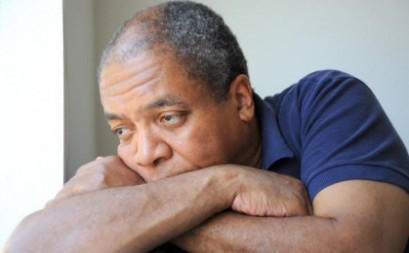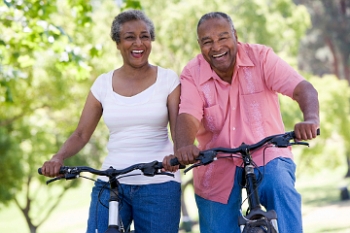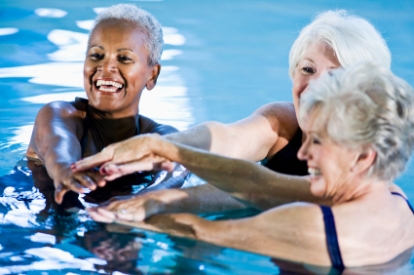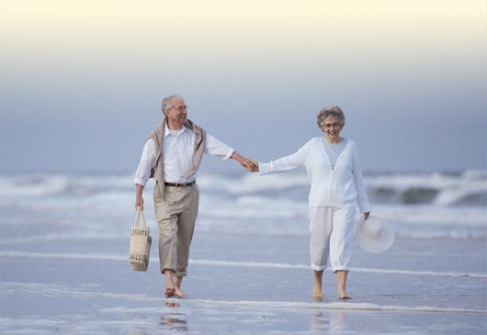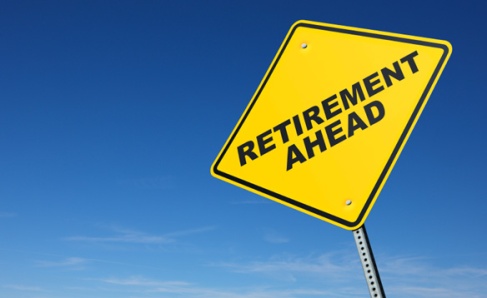If I were to ask what the number one cause for morbidity in older adults was, you would all intelligently answer hypertension or diabetes, cardiovascular disease or dementia, but unfortunately you would all be wrong. Studies have shown that the number one cause for morbidity in older adults is depression.
Let us start by exploring the definition of depression.
Depression is: ‘severe despondency and dejection, typically felt over a period of time and accompanied by feelings of hopelessness and inadequacy.’
Feelings of hopelessness and inadequacy can increase the rate at which older adults get sick, aka their morbidity.
Older adults can experience depression due to various reasons:
- They are no longer able to successfully complete activities of daily living, such as washing themselves, walking long distances, changing their own clothing, etc
- They can no longer work on a paid or volunteer basis
- They can no longer help out their families as they used to
- They become immobile
- They experience injury due to falls
- They become isolated and are no longer to partake in social activities
…And the list goes on.
A number of things can be done to help ward off depression from older adults and at the top of that list is exercise. Exercise, not drug intake, is the most effective way to assist older adults in dealing with depression.
Exercise helps to:
- Manage stress and improve mood: exercise releases endorphins into the blood stream that is used to improve mood and lower stress levels
- Strengthens weak muscles: repeated strength training activities will enable the older adult to get stronger
- Prevent osteoporosis: exercise also helps to strengthen the bones which helps to prevent the weakening and deterioration that occurs during osteoporosis
- Lowers the risk of adverse health conditions: exercise helps to ward off conditions such as Alzheimer’s, Dementia, Heart disease, Diabetes, Hypertension, Obesity
- Builds endurance and stamina: consistent cardiovascular exercise improves the functioning capacity of the heart and lungs, which increases ones endurance
- Improves sleep: the body will be able to relax and fall into a deeper more relax sleep
- Boosts confidence: with increase muscular strength and increase cardiovascular ability, an older adult will be more confident partaking in activities of daily living
- Reduces the risk of mental illness: rates of depression will be greatly decreased
- Improves blood circulation: with improves heart capacity, blood will therefore be moved throughout the system more readily for the older adult, this will improve immune function, healing and oxygen delivery.
It is important to ensure that the older adult in your life is participating in regular exercise every day, be it through walking, strength training, yoga, tai chi, or any other organized or unorganized activity. This will ensure that they will live a full and healthy life, with reduced chance of ailments and less or no depression.
If you are looking for ideas of how to keep the older adult in your life active and simple exercise that you can do with them, follow Liberty Nursing and Support Services blog and Facebook. We will be posting exercise ideas once a month. And if you have any questions or are in need of the service that we provide please contact us or comment below.
What activities are the older adults in your life taking part in? Comment below.

